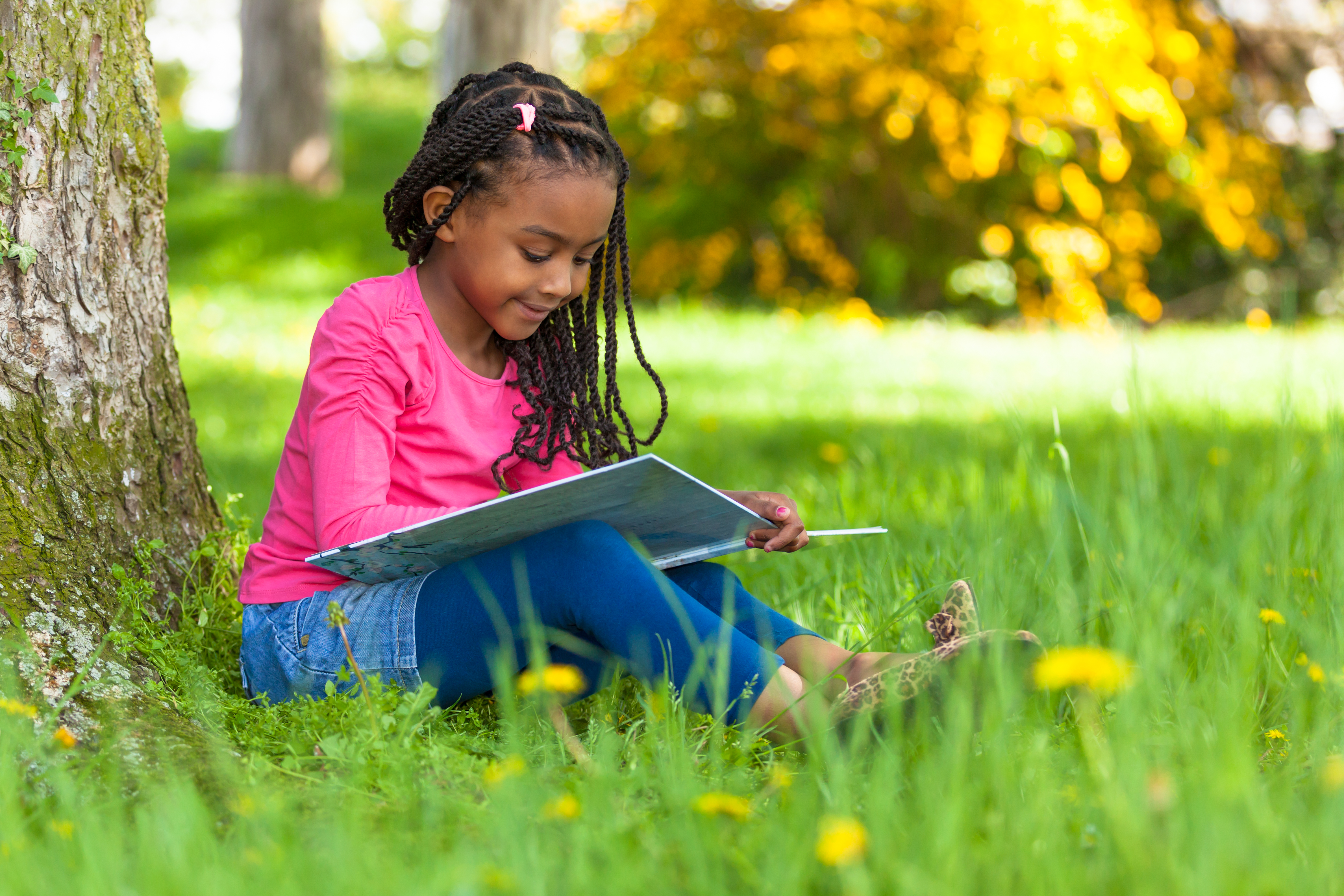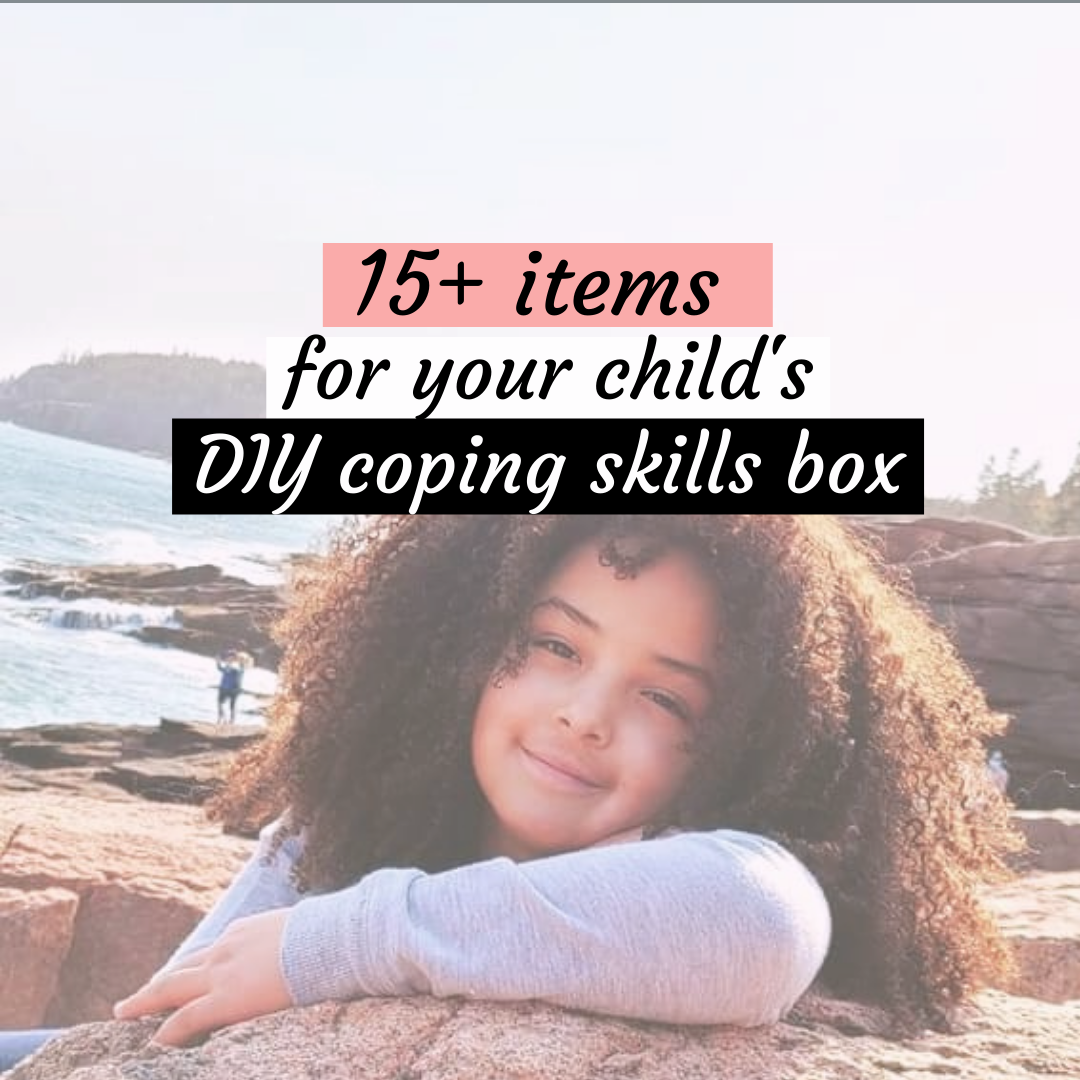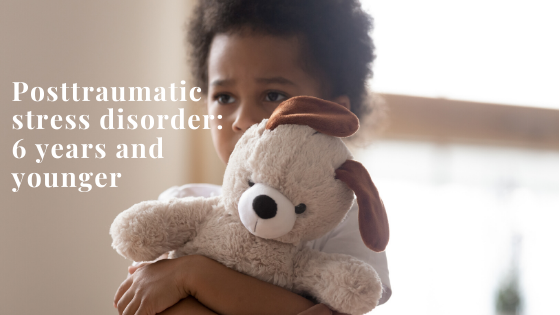Is your child having a difficult time managing their emotions? If so, it may be time to begin helping them develop new coping strategies. New calming strategies that will help them release their strong emotions in a healthy way.
It might also be helpful to have resources such as a toolkit ( a small little box with actual physical items) available that your child can use to soothe, calm down but release their feelings healthily and safely.
The reality is that children experience the same feelings that we experience as adults. The dilemma with children is that because they are still learning how to accurately identify their emotions, which within itself can be frustrating, it can be tricky for them to express how they feel appropriately without seemingly losing control.
*This post contains affiliate links, at no additional cost to you I am compensated if you purchase after clicking on the links.
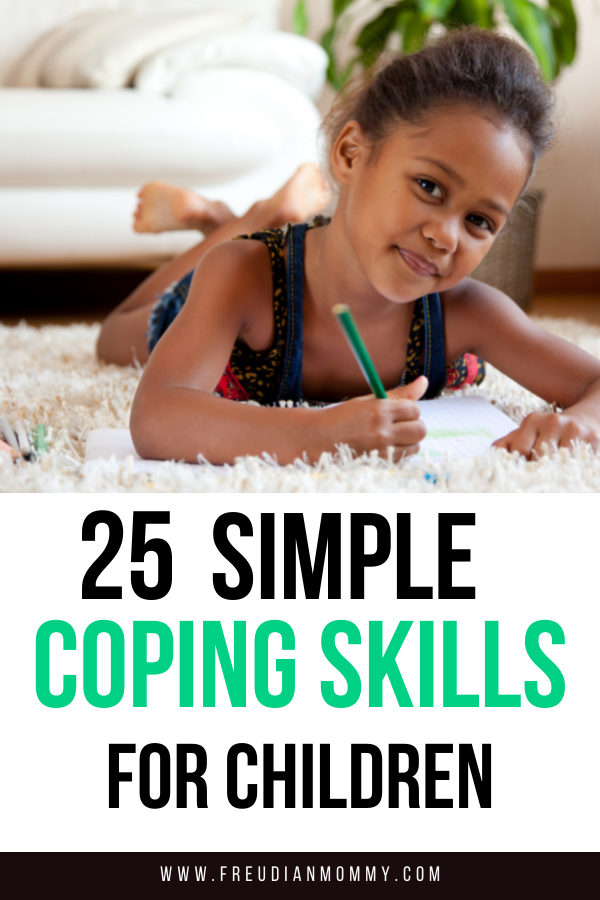
That’s where we, the super parents come in. As parents it can be hard to watch our children struggle with processing their emotions, especially the negative emotions. However, there is something you can do to help your child better express themselves.
As you have most likely experienced as an adult, overwhelming emotions can be hard to control.
Imagine waiting for someone to pull out of a parking spot at the parking lot at the mall. You’ve been sitting there impatiently waiting for this person to move their vehicle so that you can park yours. But as soon as they do, someone else who saw you waiting for the car to move pulls right up into that parking spot! How aggravating, right?! You feel like you want to do something about it. You feel like getting out of your car and telling that person off, right? Well, the same goes for your child.
They may cry due to frustration because another child took a toy they were playing with first. Or feel defeated because a puzzle they tried putting together seems to be a little more challenging than they thought. But because your child still lacks the emotional intelligence they need to express or cope with these negative emotions, they may appear as though they are acting out of control. In reality, your child is expressing themselves the only way they know-how and is doing the best they can with the tools they know.
Please be patient with your child because that’s where you, the super parent, come in. As a parent, it can be troublesome to watch your children struggle and lose control when addressing their negative emotions. However, rest assured that you can do something to help your child better express themselves and release their feelings in a healthy and safe way while improving their emotional intelligence simultaneously.
How can you help your child improve emotional intelligence?

The one thing you can do is help your child develop coping skills. They will need these coping skills repeatedly and use them anytime, anywhere, and in any situation.
Teaching your children how to identify, express, and manage positive emotions like love, happiness, and gratitude and negative emotions such as anger, frustration, sadness, and disappointment in the early stages of life is an essential part of their emotional growth and development.
These early learned coping skills are the building blocks to helping your child succeed in school and later on in life. The coping tools you teach your child will stay with them into adulthood and help them continue building on those healthy coping strategies they learned from you.
What are coping skills?
Coping skills are the actions your little ones can take the moment they are flooded with overwhelming emotions such as anger, sadness, frustration, and disappointment. These immediate calming skills will help your child take a more positive approach to control their emotions and maintain their calm.
The benefits of developing healthy coping skills
The purpose of coping skills is to cause a distraction that will give your child enough time to take their mind off the triggering situation that has caused them to experience the overwhelming emotions that made them want to lose control.
Coping skills won’t necessarily help your child process what’s just happened; however, they will temporarily forget about what triggered their negative emotions and take on a new task.
Can my child use their coping strategies to regulate positive emotions?
Coping skills can also be used to help keep strong positive emotions in check. For example, your child may become overly excited about getting an A on their Science project or finding out you got them tickets to see one of their favorite Disney shows live and want to scream. But if they’re in a place like the Aquarium or the library where screaming is not conducive, in that case, you may have your child use a coping skill to help ground themselves until they get to the car or home.
Positive vs. Negative coping skills
There are positive and negative coping skills, also known as healthy and unhealthy coping skills. If your kid has yet to develop healthy coping skills to help release and keep their emotions in check, the chances are that they are using negative or unhealthy coping strategies. And I am almost certain that you have witnessed your child in action using their unhealthy coping skills at least once.
If your kid has hit someone to express anger, which almost appears to be evolutionary, that’s them using a negative or unhealthy coping skill to release that anger. But as I have mentioned, these innate negative coping skills have to be replaced with positive ones.
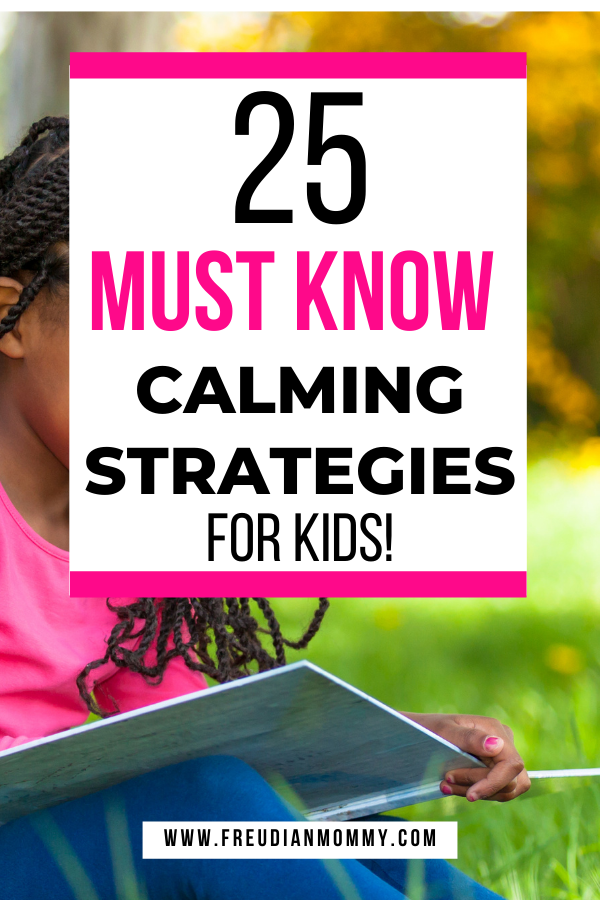
Here’s a list of calming strategies that will help your child release their strong emotions in a healthy and safe way.
25 Calming Tools For Children:
1. Take 3 deep breaths (in and out)
2. Counting to 10, 20, or 30
3. Imagine your favorite place
4. Use positive self-talk (e.g., I believe in myself, I am good enough)
5. Sing your favorite song
6. Use sensory toys (squeeze balls)

7. Listen to calming music
8. Walk away
9. Write down your feelings
10. Drawing or painting
11. Calming jar
12. Look at photos of people you care about
13. Make fist then release it
14. Wash your hands with cold water
15. Use grounding techniques
16. Ask for help
17. Take a time out
18. Talk to a friend, a parent, or a teacher
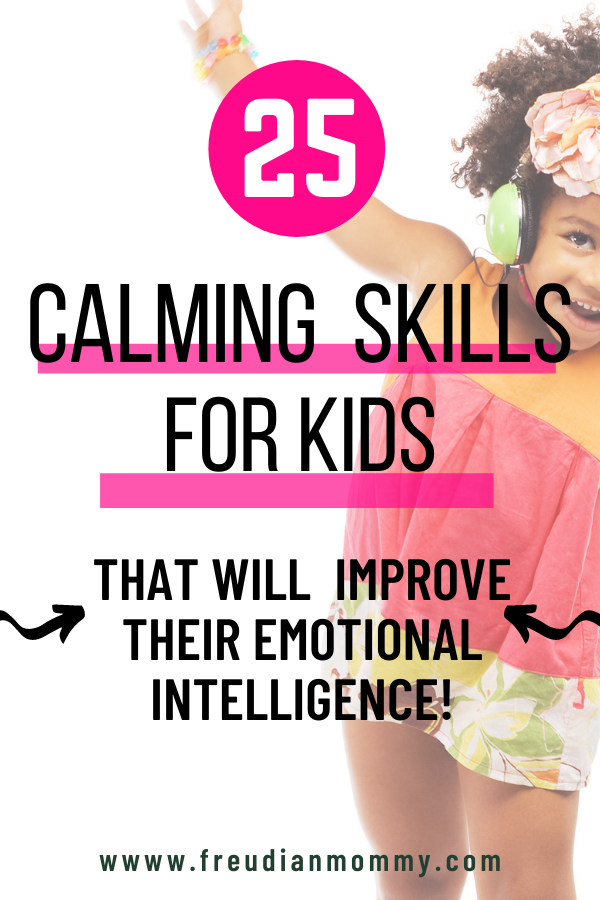
19. Let yourself cry
20. Imagine a calm place
21. Say the alphabet slowly
22. Get a drink of water
23. Pray (parents can teach children to say a positive, calming prayer)
24. Think of your favorite things
25. Think about happy memories
Feel free to download the PDF of this list. And don’t worry, it’s FREE 99!
My perspective as a therapist
You can be sure that learning and developing coping strategies in the early stages of life will produce positive results.
As a clinician specializing in substance use disorder and comorbid conditions, teaching coping skills to adults who were not taught these skills early on in life is a big part of my job.
And as a result of the lack of coping skills, these adults turned to unhealthy habits, such as drugs and alcohol, to manage stress and their overwhelming emotion caused by those stressors.
Coping strategies overlooked
It’s easy to overlook and undermine the significance of developing positive and healthy coping skills. Some people or communities might think that they are worthless nonsense methods, as I have heard in therapy many times. However, the repercussions of poor coping skills can be damaging, especially in adulthood.
So, the next time your child becomes upset, would you rather he punches the wall and hurt his hand or started taking deep breaths and counting to 10?
If you prefer the latter, keep in mind that your child cannot practice what he doesn’t know or hasn’t been taught.

